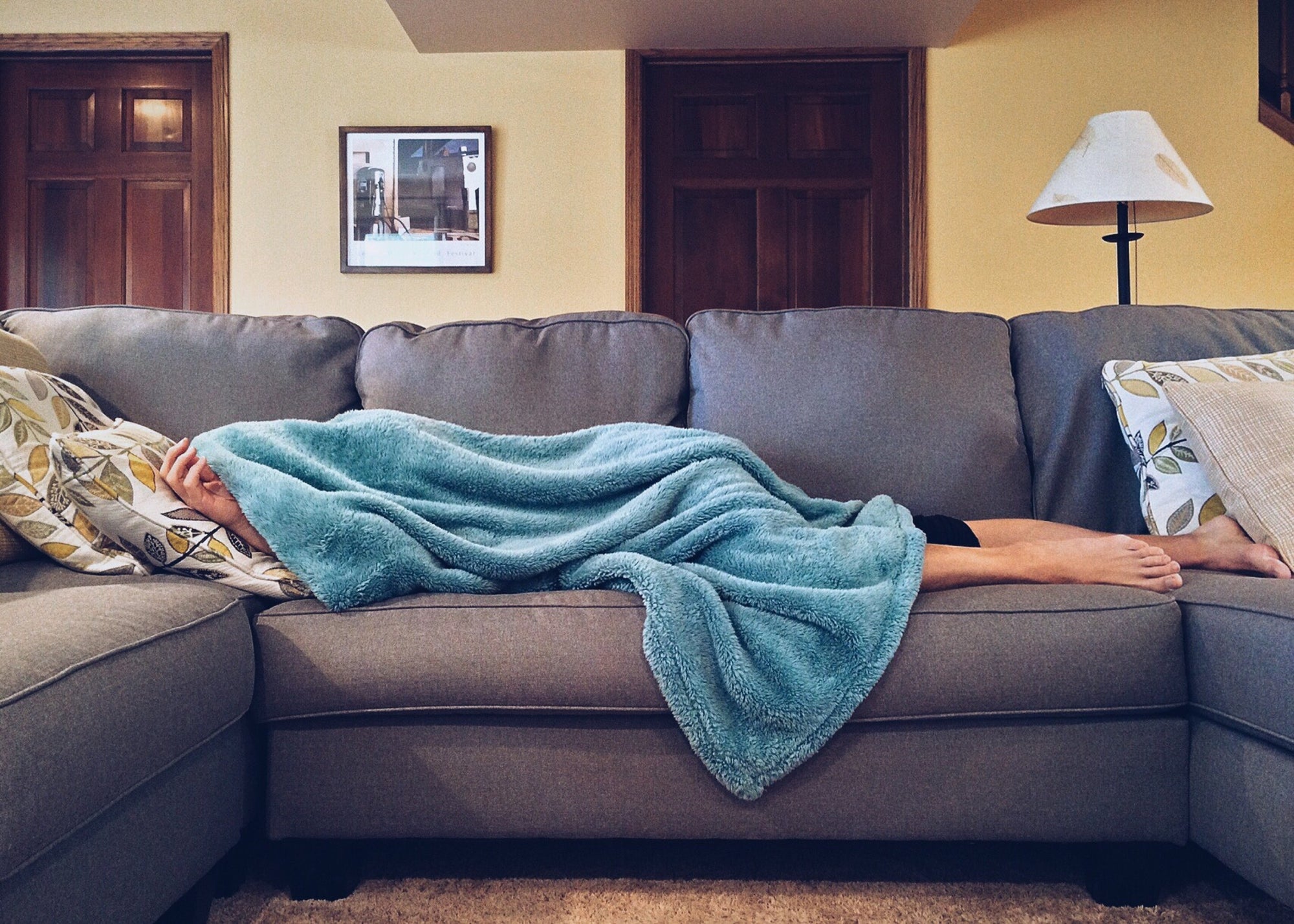Why do so many people use melatonin?
Have you heard of melatonin, but are wondering why it’s so popular? Melatonin is a natural hormone produced in the pineal gland and helps regulate the body’s internal alarm clock. It has many benefits, but the biggest one is to help those with sleep issues. According to Consumer Reports, for those with sleep concerns, melatonin is the solution for 86% of people. 25% of people who tried melatonin, said it was effective.
What is melatonin?
As the sun disappears, your pineal gland begins to produce and secrete melatonin. The hormone signals to your body that bedtime is coming. In essence, it helps make you sleepy. If you try to sleep in a lit room, it's harder to fall asleep in general, but it may be because your body is producing less melatonin. When there are lower levels of melatonin in your body, you may have a harder time falling asleep.
Why do so many people use melatonin?
Research indicates that melatonin is essential for other essential elements in the body besides sleep. Yet this is by far its most popular reason for its use.
Helps with sleep issues
According to the Sleep Foundation, the National Institute of Health (NIH), about 30% of people experience sleep disruption. When you have ongoing sleep problems, it can cause serious health concerns. Some research shows there's a direct connection between sleep disruption and weight gain. Lack of sleep causes stress and may impact your ability to do your job. One of the most common types of sleep disorder is insomnia.
Insomnia
Insomnia is being unable to fall asleep or waking up in the middle of the night and becoming unable to fall back asleep again. The development of insomnia is different for every person. It could be a response to stress, a lifestyle change like a new job, or a baby. But low levels of melatonin could be the problem. Afterall, melatonin has the nickname the "sleep hormone."
Circadian Rhythm Disorder
Circadian rhythm disorder is when your body's internal clock becomes disrupted. Everyone has an internal clock that regulates the wake-sleep cycle. Your body naturally knows when it's time to fall asleep and when it's time to wake, but if your internal clock becomes disrupted due to jet lag, excessive screen time, or stress, you may fall asleep later.
For example, the first night, you fall asleep around 10 pm, but then the next night, you can't fall asleep until midnight. Each night, the time you fall asleep becomes later, which causes you to wake up later. In the end, your cycle is completely disrupted. Melatonin may help you reset the clock.
Shift work
Not everyone has a 9-5 schedule. You may work late at night or have ongoing shift changes; one week you work from 3-11 pm and another week from 11 pm to 6 am. Not following a standard sleep-wake cycle may make it hard to fall asleep at different times in the 24-hour clock.
If you need to fall asleep during the day, in preparation for working at night, your body may not produce enough melatonin to encourage sleep. Taking a melatonin supplement may help you sleep at different times of the day.
What are the other health benefits of melatonin?
Besides sleep, there are other possible health benefits of melatonin, too.
Eye health
Some research indicates that melatonin may help maintain healthy eyes and block cell damage. The reason is that melatonin is high in antioxidants. Melatonin may help age-related macular degeneration (AMD) and glaucoma.
AMD is when you lose your central vision (side vision is still good) and are unable to see details up close or at a distance. Glaucoma is when the nerves connecting the eye to the brain are damaged, resulting in a slow loss of sight.
Human Growth Hormone Levels
Human growth hormone (HGH) is a natural hormone produced in the pituitary gland. It's critical for cell production and cell growth. HGH also helps build muscle, regulate sleep cycles and moods, and increase sex drive. As men age, levels of HGH lessen, and deficient levels can cause health concerns. Small studies have shown that melatonin supplements have increased HGH.
Stomach issues
Melatonin may help relieve stomach issues, such as Gastroesophageal reflux disease (GERD). GERD is when stomach acid backs up into the esophagus and results in an upset stomach, burping, and heartburn.
Melatonin may help impede the production of stomach acid, making the likelihood of GERD less.
Seasonal depression
Seasonal depression affects 10% of the worldwide population. As the name implies, it’s connected to the changing of the seasons and usually occurs at the same time each year (typically, at the beginning of winter).
Since there's less light in winter, this may affect your circadian rhythms. Some research indicates a link between circadian rhythms and seasonal depression. Melatonin can help balance circadian rhythms and therefore help to reduce seasonal depression.
Inexpensive
Are there any melatonin side effects?
Research shows that melatonin is safe for short-term and long-term use in adults. It's also non-addictive and has few side effects. It's also become widely used for children and adolescents, but research into the side effects and safety is unclear and not recommended. Some of the possible side effects include nausea, sleepiness, dizziness, and headaches.
What dosage of melatonin is healthy?
The standard dosage for melatonin is 0.5-.10 mg per day for adults in the capsule or liquid form. You take the melatonin 30 minutes to one hour before bed. Before taking melatonin, read the instructions on the bottle and start with the lowest amount. If you take too large an amount, you have a higher chance of experiencing some of the possible side effects associated with melatonin.
In a nutshell, melatonin is a safe and effective way to combat insomnia, improve eye health, alleviate depression, and increase HGH levels. It’s no wonder that so many people use melatonin.



